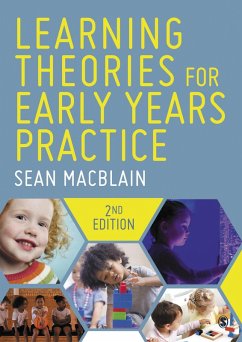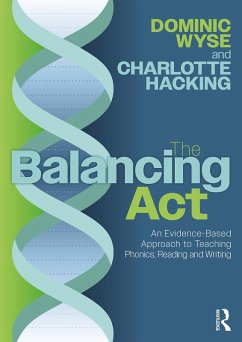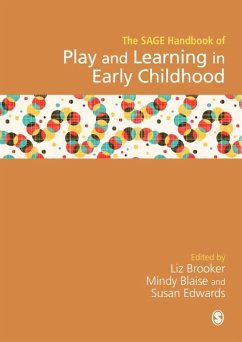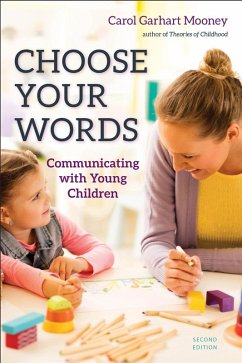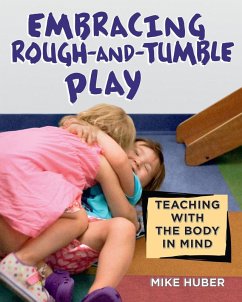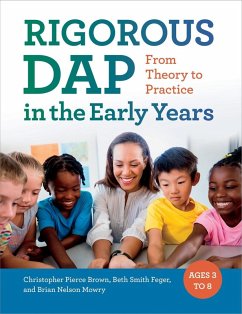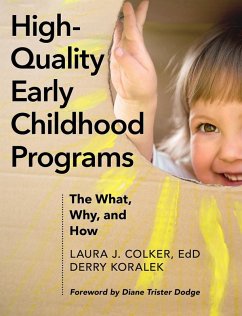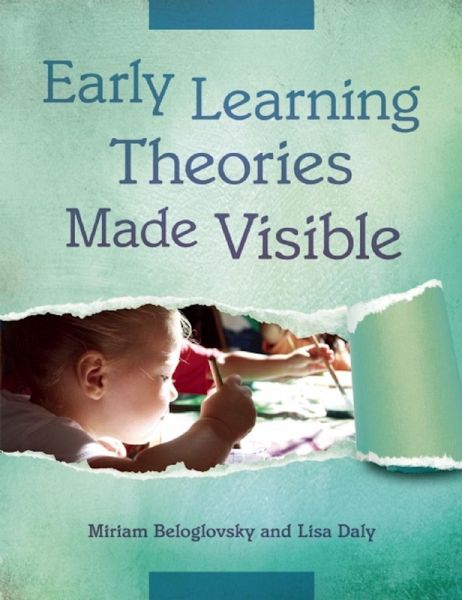
Early Learning Theories Made Visible (eBook, ePUB)

PAYBACK Punkte
12 °P sammeln!
Go beyond reading about early learning theories and see what they look like in action in modern programs and teacher practices. With classroom vignettes and colorful photographs, this book makes the works of Jean Piaget, Erik Erikson, Lev Vygotsky, Abraham Maslow, John Dewey, Howard Gardner, and Louise Derman-Sparks visible, accessible, and easier to understand. Each theory is defined-through engaging stories and rich visuals-in relation to cognitive, social-emotional, and physical developmental domains. Use this book to build a stronger comprehension of the foundations of early learning theor...
Go beyond reading about early learning theories and see what they look like in action in modern programs and teacher practices. With classroom vignettes and colorful photographs, this book makes the works of Jean Piaget, Erik Erikson, Lev Vygotsky, Abraham Maslow, John Dewey, Howard Gardner, and Louise Derman-Sparks visible, accessible, and easier to understand. Each theory is defined-through engaging stories and rich visuals-in relation to cognitive, social-emotional, and physical developmental domains. Use this book to build a stronger comprehension of the foundations of early learning theories and become more reflective and intentional in your work with young children.
Dieser Download kann aus rechtlichen Gründen nur mit Rechnungsadresse in A, D ausgeliefert werden.




